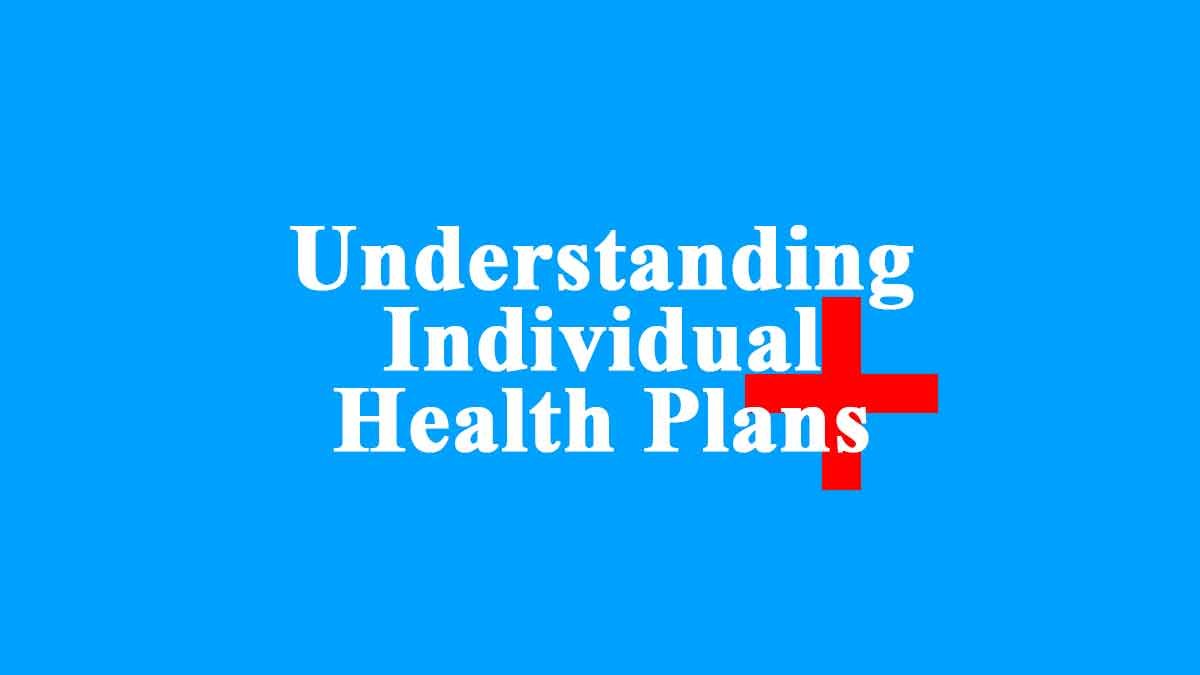Open Enrollment for Health Insurance in 2024
Health insurance is an important aspect of our lives, providing financial protection and access to necessary medical care. If you are wondering when the open enrollment period for health insurance will be in 2024, this article will provide you with the information you need.
Understanding Open Enrollment
Open enrollment is the designated period during which individuals and families can enroll in or make changes to their health insurance coverage. It is an opportunity for people to review their current plans, explore new options, and ensure they have the coverage that best meets their needs.
The open enrollment period for health insurance typically occurs once a year. However, the specific dates can vary depending on the country, state, or insurance provider. In the United States, for example, the open enrollment period for health insurance usually takes place towards the end of the year.
Open Enrollment for Health Insurance in 2024
While the exact dates for the open enrollment period in 2024 may not be available at the time of writing, it is helpful to understand the general timeframe for planning purposes. Historically, the open enrollment period in the United States has started in the fall, typically around November 1st, and lasted for several weeks, usually until December 15th.
It is important to note that these dates are subject to change, and it is always recommended to stay updated with the latest information from your insurance provider or the relevant government agencies. They will provide you with the exact dates for the open enrollment period in 2024.
Why Open Enrollment Matters
Open enrollment is a critical time for individuals and families to evaluate their health insurance needs and make informed decisions about their coverage. Here are a few reasons why open enrollment matters:
1. Access to Affordable Coverage
During the open enrollment period, individuals can explore different health insurance plans and compare their costs and benefits. This allows them to find the most affordable coverage options that meet their specific healthcare needs.
2. Pre-Existing Conditions
Open enrollment is particularly important for individuals with pre-existing conditions. Under the Affordable Care Act in the United States, for example, health insurance providers cannot deny coverage or charge higher premiums based on pre-existing conditions during the open enrollment period.
3. Life Changes
Open enrollment also provides an opportunity for individuals who have experienced life changes, such as getting married, having a baby, or losing job-based coverage, to enroll in a new health insurance plan or make changes to their existing coverage.
4. Preventing Gaps in Coverage
By taking advantage of the open enrollment period, individuals can ensure that they have continuous health insurance coverage without any gaps. This is crucial for maintaining access to medical care and avoiding potential financial burdens associated with unexpected healthcare expenses.
Stay Informed and Prepared
As the open enrollment period for health insurance in 2024 approaches, it is essential to stay informed and prepared. Keep an eye out for announcements from your insurance provider or government agencies regarding the specific dates and any changes to the enrollment process.
During this time, take the opportunity to review your current health insurance plan, assess your healthcare needs, and explore other coverage options that may better suit your requirements. Consider factors such as premiums, deductibles, network providers, and prescription drug coverage to make an informed decision.
Remember that open enrollment is a limited time window, so it is important to act promptly and not miss out on the opportunity to secure the health insurance coverage that is right for you and your family.
In conclusion, while the exact dates for the open enrollment period for health insurance in 2024 may not be available yet, it is important to be aware of the general timeframe and the significance of this period. Stay informed, evaluate your options, and make sure you have the coverage you need to protect your health and financial well-being.





